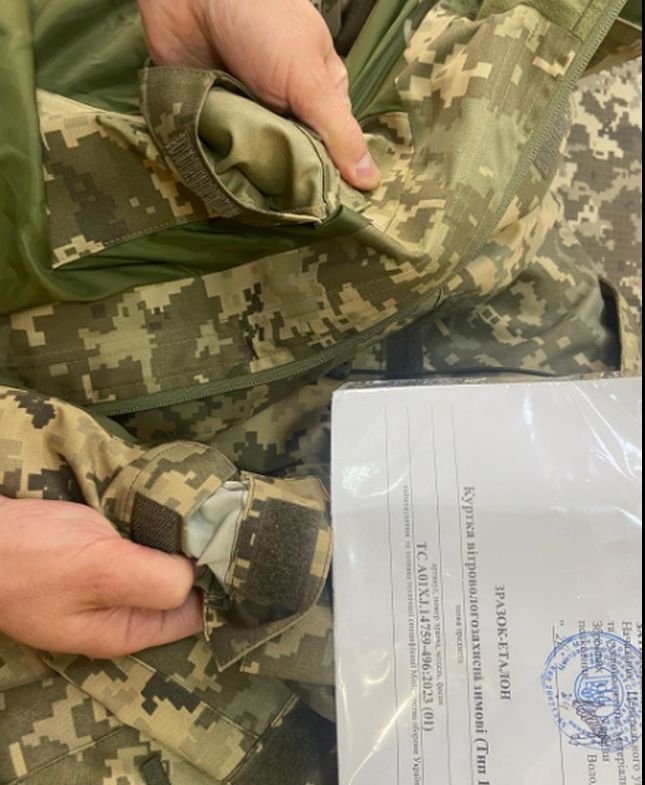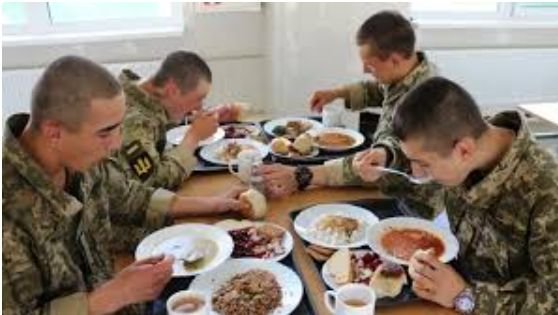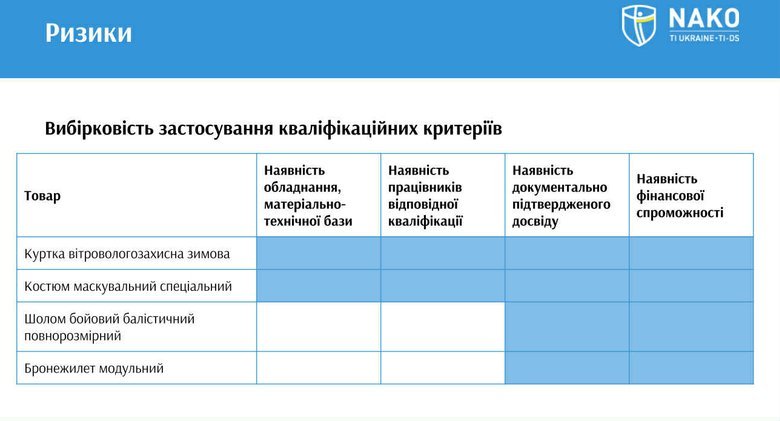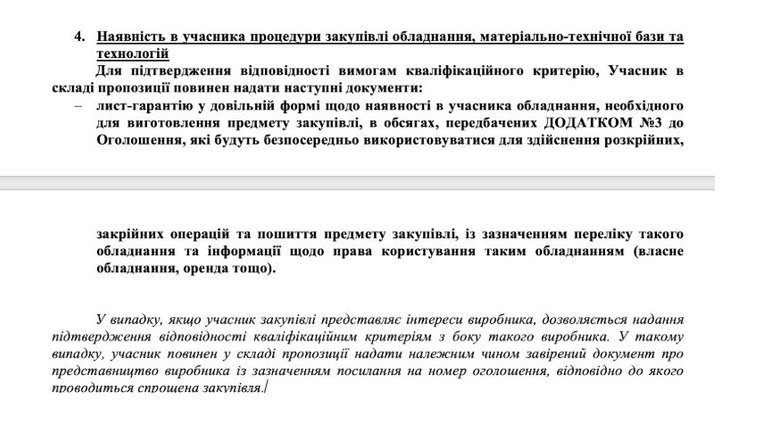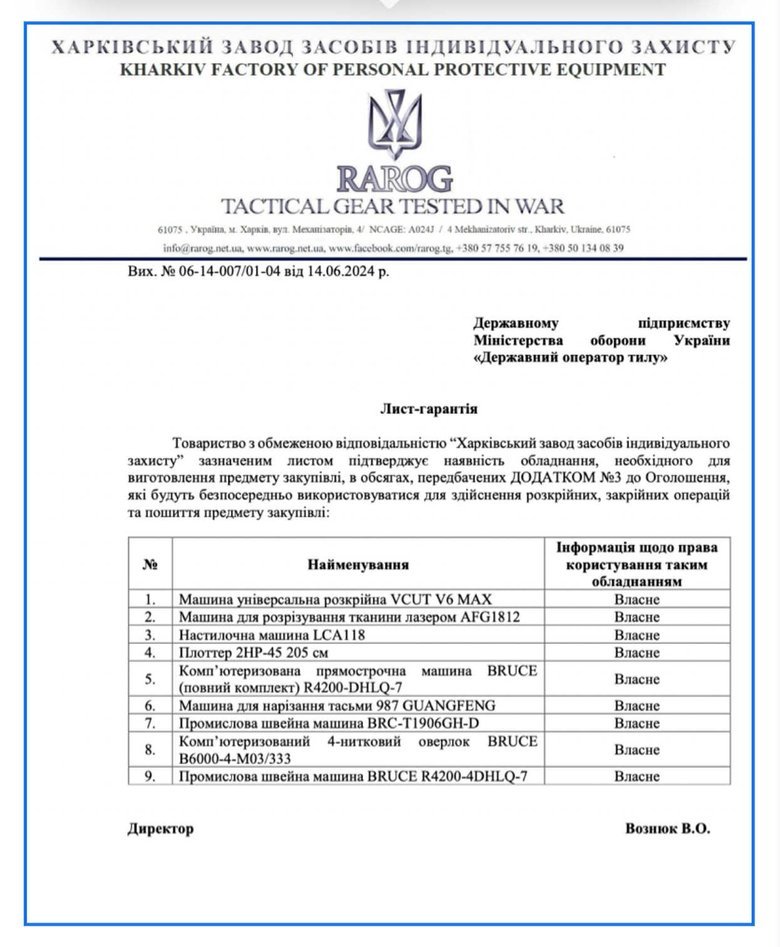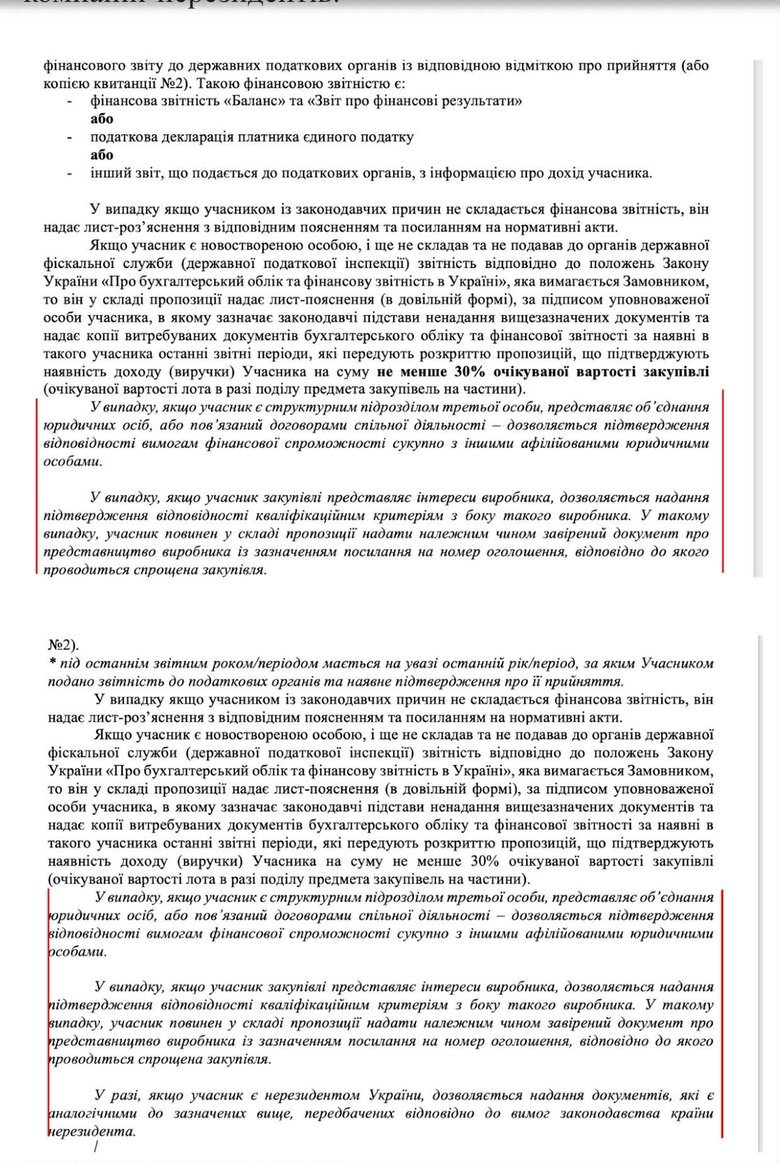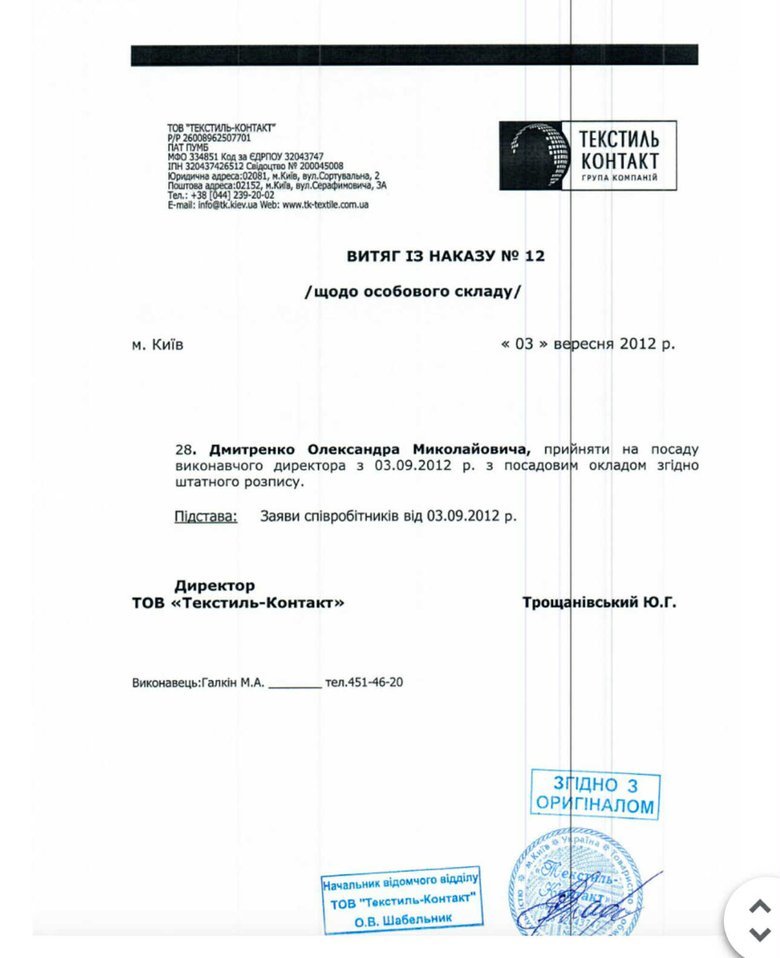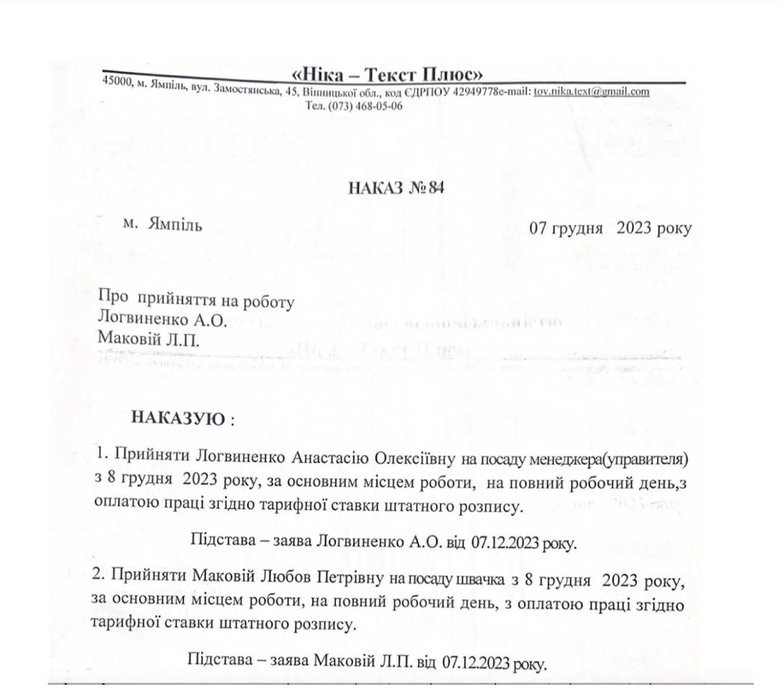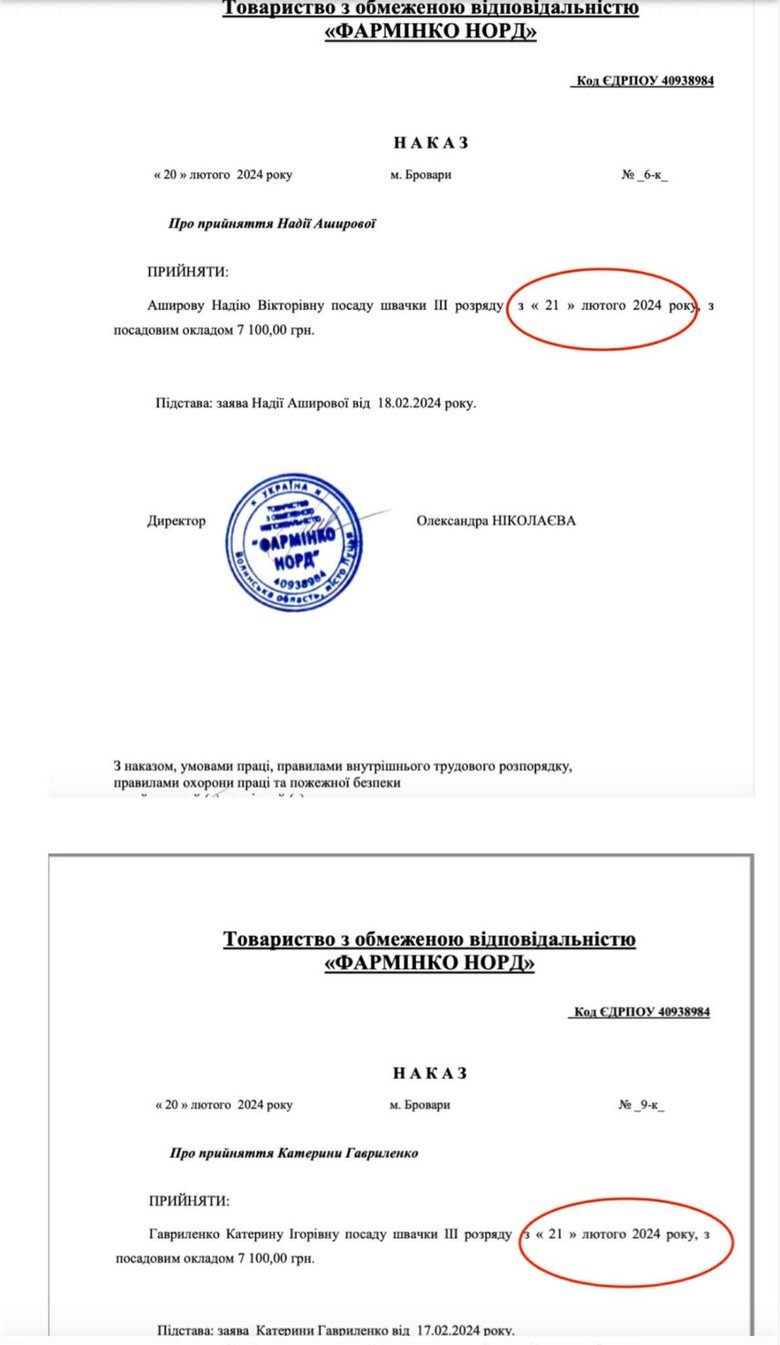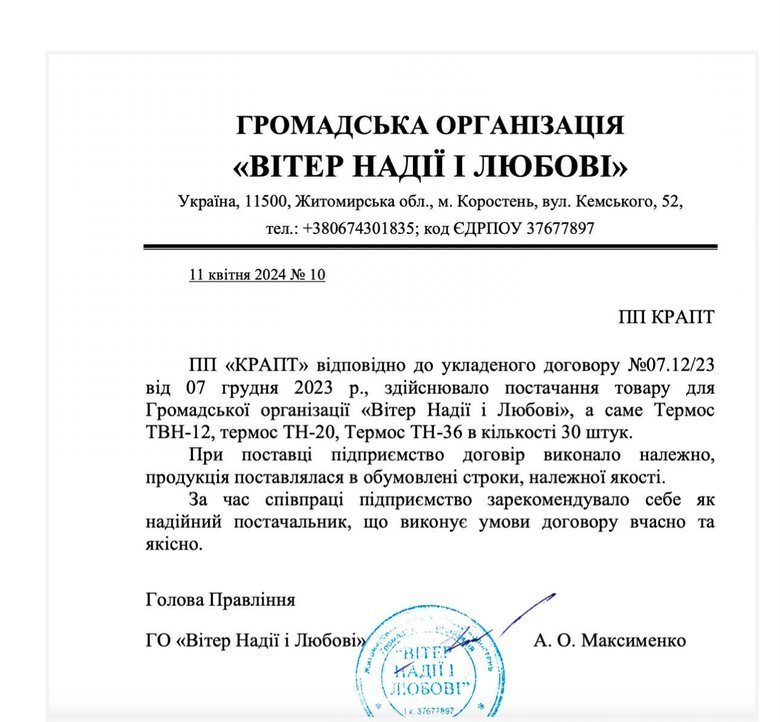Textile war over $200 million, one arrest and long list of MoD corruption risks
On August 21, 2025, officers of the State Bureau of Investigation (SBI), with the operational support of the Security Service of Ukraine (SBU), served notices of suspicion to officials of the Ministry of Defense of Ukraine and to the director of a supplier company that had delivered substandard ballistic goggles.
This story did not attract much attention amid other political developments, but it is an excellent reason to discuss the corruption risks that persist in the Defense Ministry’s procurement.
And the latest report by the Independent Anti-Corruption Commission indicates that the ministry still has a long way to go in this area.
So, what happened with the goggles, and where the next scandal may come from, we will examine next. Though you can probably guess that winter jackets will be back in the spotlight.
Why is quality control a key source of corruption?
According to the SBI press release, in September 2024, one of the Defense Ministry’s state enterprises (the State Operator for Non-Lethal Acquisition (DOT)) signed a contract to supply 18,000 sets of ballistic goggles.
"The delivery was carried out; however, the items did not meet the declared protective specifications and did not provide adequate protection against fragments. The violations were confirmed by tests conducted by Ukraine`s MoD Central Quality Control Directorate," the statement said.
Notices of suspicion were served under the following articles:
- Part 5 of Article 191 of the Criminal Code of Ukraine (misappropriation of property in especially large amounts during wartime) — to the supplier’s director.
- Part 4 of Article 425 of the Criminal Code of Ukraine (official negligence) — to a former employee of the MoD’s Central Quality Directorate who failed to perform control functions. The reference is to the former head of the Central Quality Control Directorate, Ihor Leshchenko. He has been arrested, with bail set at 12 million UAH.
- According to sources, a notice of suspicion may also have been served on Viktoriia Vynohradova from the State Operator for Non-Lethal Acquisition (DOT), who oversaw this area until July 2025; for now, however, investigators have limited themselves to questioning.
Open-source data and the contract amount (25.7 million UAH for 18,000 units) also make it easy to identify the supplier as TS Trade Ukraina LLC and the tender as UA-2024-08-22-007683-a.
It was this company that won the September 2024 tender, and it was the company’s only winning tender in 2024–2025 in the tactical eyewear category.
In fact, it is the company’s only winning tender at all; its other bids were rejected for failure to meet MoD requirements.
But the point here is not the specific company or the goggles. The point is that quality control is always the filter where goods can either be rejected or money can be made.
You can’t even imagine how much meat, margarine passed off as butter, and dubious liquid called "yogurt" should have been rejected.
Yet the number of cases opened over such incidents, as well as the number of suppliers disqualified, is far lower than it should be.
Manufacturers, for their part, have every incentive to ensure their product is accepted.
Which is why it is particularly apt to recall the recent scandal over the procurement of Type 1 winter jackets.
I have already covered the first part of this story in previous articles. But I will briefly remind you.
In July, it emerged that the Cherkasy Silk Mill, due to raw-material issues, had stopped producing the legacy fabric from which most jackets for the Armed Forces of Ukraine were sewn and was instead launching production of a new fabric.
The Ministry of Defense and the DOT learned of this by chance, from a letter sent by a brand-new MoD contractor asking whether such material would be accepted.
Later, the Cherkasy Silk Mill provided conclusions from two laboratories stating that the new fabric meets the technical specifications.
There were meetings, and experts were brought in. After all, the issue concerned 100,000 jackets with a total value of nearly 200 million UAH. It is about 25% of all jackets contracted for the year.
However, on September 3, the Ministry of Defense’s Central Directorate for Logistics Development sent a letter to companies stating that the new fabric for winter jackets would not be approved until it had been field-tested in military units.
According to the Technical Committee’s conclusion, the jacket made from the new fabric differs from the reference sample, which had been produced from material with a foamed microporous coating; the new fabric is stiffer and produces a distinct rustling sound.
I would not rule out manufacturers now taking those lab reports to prominent bloggers to pressure the ministry into accepting the jackets.
Otherwise, they will have to look for another buyer.
But it is entirely clear why MoD officials are unwilling to take responsibility for this fabric. When there is feedback from the troops, officials have something to point to in their defense. For now, however, accepting possibly substandard jackets would mean the responsibility rests solely with them.
And in the context of the suspicion served on Leshchenko, that inspires no one.
Manufacturers, meanwhile, had hoped until the very last moment that their jackets made of the new fabric would be accepted.
"None of them expected Leshchenko to be arrested. They thought they had the golden key in their pocket," a Censor.NET source said.
Still, given how this segment operates, it is not impossible that the jackets will yet be offered for sale. According to my information, about 25,000 jackets made from the new fabric have already been produced.
This is why quality control at the MoD’s acceptance stage must be as strict as possible.
At the same time, there is a reserve of winter jackets, so the troops will not be left without.
Should you have the reaction, "How long will this go on, and why do all these Hlynianas and others continue working with the MoD instead of ending up behind bars?, the explanation comes in the next part of the article.
Does compliance work at the MoD?
In principle, the Defense Ministry has only a limited set of mechanisms to prevent unscrupulous companies from entering tenders. Chief among them is a criminal conviction.
Or at least an open criminal investigation. For example, this year, the State Operator for Non-Lethal Acquisition terminated its contract with the company Grand Prix, as it had become the subject of an SBI investigation.
But does this mean that a certain group will disappear from the list of suppliers? No. Over the years, we have learned the company names associated with Tetiana Hlynianna "Grand Konsalt," "Aktyv Kompani," and "Mit Prom." The names change; the owner stays the same. Incidentally, "Mit Prom" is nominally not connected to Hlynianna, which is why the DOT finds it difficult to deny the company access to tenders.
Still… there are qualification criteria, and the question is how they are applied.
According to Article 16 of the Law of Ukraine "On Public Procurement", there are four qualification criteria that a contracting authority may specify when conducting a procurement:
1) availability of equipment, material and technical resources, and technologies by the bidder;
2) availability of qualified personnel with the necessary knowledge and experience;
3) documented experience in performing a contract (or contracts) similar in scope to the procurement subject;
4) financial capacity, confirmed by financial statements.
Depending on the subject and specifics of the procurement, the contracting authority selects the criteria that the bidder must then confirm in its proposal.
As part of its research, the Independent Anti-Corruption Commission (NAKO) analyzed 25 items in the fuel and supply categories procured by the DOT from December 2024 to May 2025. In most cases, DOT applied only two criteria, financial capacity and prior experience, and much less frequently required all four. This, evidently, had a significant impact on the pool of bidders.
Not to mention that DOT’s arbitrary use of the criteria bears signs of creating favorable conditions for certain suppliers.
Different requirements for suppliers of the same category of goods
When procuring Type 2 wind- and moisture-proof jackets in March 2024, DOT applied only three criteria:
- Availability of financial capacity, confirmed by financial statements;
- Availability of qualified personnel with the necessary knowledge and experience;
- Availability of documented experience in performing a contract (or contracts) similar in scope to the procurement subject.
At the same time, already in June, DOT imposed four qualification requirements on the supplier, adding in particular the requirement of having material and technical facilities
Annex 3 also contained expanded requirements concerning the availability of equipment to be provided by the supplier.
In particular, the supplier was required to submit a letter of guarantee confirming the availability of equipment.
Thus, a situation was created in which, over the span of three months, some suppliers had to submit documents confirming production capacity, while others did not.
Meanwhile, in the absence of requirements for production facilities, the company Farminco Nord won tenders for the manufacture of 75,000 winter wind- and moisture-proof jackets (KVVZ). These were delivered six months late and were never accepted by Ukraine`s MoD Central Quality Control Directorate
Lack of uniformity in qualification criteria
When conducting tenders for body armor, the DOT applied only two qualification criteria.
At the same time, the requirements for financial statements varied across tenders. In particular, some sets of documents did not contain provisions regarding non-resident companies.
Lack of thorough verification
The National Agency on Corruption Prevention (NACP) emphasizes the need to build an effective compliance system, which should include, in particular, requirements for prior due diligence (assessment) of a counterparty’s business reputation and corresponding evaluation criteria (for example: the main types and duration of activity; absence of debt under previous contracts; prior assessment of the counterparty’s ability to fulfill the contract).
At the same time, the situation with a number of contracts shows that the DOT does not carry out such verification.
For instance, to participate in tenders textile manufacturers must submit information on their employees.
In particular, a potential supplier must provide a statement in free form, "Information certificate on the availability of employees of the bidder with the necessary qualifications, knowledge, and experience required to perform the procurement contract", covering the following categories and minimum numbers of staff:
-
seamstresses — at least 20 employees;
-
technologist — at least 1 employee;
-
cutter/pattern cutter — at least 1 employee;
-
quality control staff — at least 1 employee.
Textile Kontakt and Nika Tex Plus provided copies of internal orders demonstrating the companies’ long-standing operations.
By contrast, Farminco Nord submitted employee documents dated late February. In other words, the orders had been signed barely a month before the tender.
This date appeared in the orders for all the employees submitted. However, DOT did not treat this as a risk factor.
Ultimately, Farminco manufactured the jackets in Vietnam, everyone knows this, delivered them late, and in the end, the goods were rejected at acceptance.
This was not an isolated case.
Last year, DOT signed contracts for the supply of thermoses with the company PP KRAPT.
When conducting the tenders, DOT applied only two qualification criteria—prior experience and financial capacity. At the same time, as proof of prior experience, PP KRAPT submitted the following document:
Impressive, isn’t it?
It later emerged that PP KRAPT was implicated in a criminal case over the supply of 36 defective aviation fuel tanks worth 15 million UAH to a military unit in the Lviv region. In August 2024, the Halytskyi District Court of Lviv imposed a preventive measure on the company’s director and ordered the seizure of the enterprise’s assets. Zaxid.net: "PP KRAPT sold substandard fuel tanks to the military"
In March 2024, DOT held tenders for the procurement of ponchos (storm wear). The bidding was conducted across three lots, with 14–15 companies participating. The first lot, for the production of 100,000 ponchos, was won by the company MIK. The other two, 150,000 and 50,000 ponchos, respectively, were awarded to Ukrspectekstyl, a company registered in October 2022. Its director is listed as Oleksii Slaboshpytskyi, with Vladyslav Kysh and Olena Zvychaina as founders. The company’s authorized capital amounts to just 2,000 UAH.
These two poncho tenders from DOT marked the company’s very first success in state procurement on Prozorro. (Source: https://censor.net/ua/r3522542)
It should be noted that Ukrspectekstyl was listed in the report of the Accounting Chamber, where it was flagged with two risks at once—as a company with low authorized capital and a short registration history in relation to the contracts it had signed. At the time of the audit, the company held direct contracts with the Ministry of Defense worth nearly 75 million UAH.
In February 2024, DOT had already canceled Ukrspectekstyl’s victory in a tender lot for camouflage suits. At that time, the company failed to submit documents proving its experience in performing similar contracts.
The State Audit Service also raised a number of concerns about this tender. In particular, it requested documents that would substantiate the company’s claimed experience. The documentation included only a certificate issued by the company itself, stating that it had performed two contracts with the MoD. Judging by the company’s mention in the Accounting Chamber’s report, however, it is unlikely those contracts were fulfilled on time. As a result, the company failed to deliver the ponchos.
Consequently, DOT terminated the contract and imposed penalties on the company.
In response to Censor.NET's request, the agency stated that the State Enterprise "DOT" does not have the authority to verify the authenticity or validity of documents submitted as part of bidders’ proposals. In addition, the SE "DOT" does not have the ability to analyze tax information about procurement participants contained in government databases."
In some cases, DOT clearly acted selectively with regard to certain companies.
In December 2024, DOT announced a tender for 70,000 body armor vests. The winner was a shell company, Fortress of Protection. It later turned out that the company lacked the required license, and the tender was canceled. Even though other bidders had such licenses. In February, in a new tender for 10,000 body armor vests, another shell company, MILIKON UA LLC, was declared the winner. Among the documents it submitted were those of Fortress of Protection.
The result: as of early July, this company had failed to deliver two scheduled batches of body armor vests. There are also doubts whether the vests will be accepted at all, due to poor quality.
In fact, the creation of DOT has significantly improved the procurement system.
- 95% of procurement is carried out through the Prozorro system;
- the number of direct contracts has decreased;
- some contracts are concluded for a one-year term;
- DOT has shown openness to cooperation and self-improvement.
But these positive developments can be easily undermined if risks are not further addressed and the response is limited to saying that "we lack the authority."
Tetiana Nikolaienko, Censor. NET

